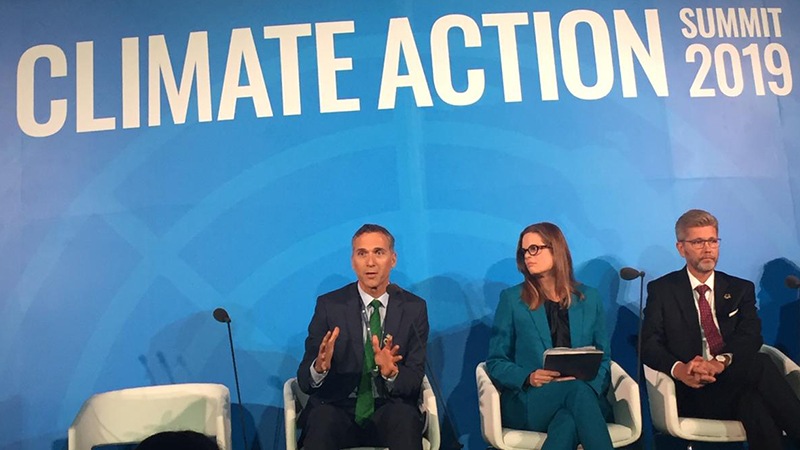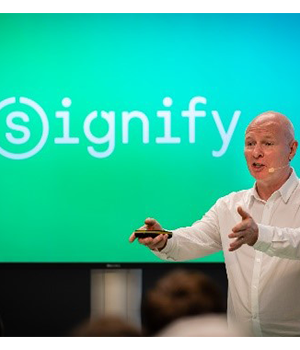September 27, 2019
Our Head of Corporate Content, Neil Pattie, is passionate about the fight against climate change. He explains why that commitment has him opting out of the climate strike
Late in 2005 I was so alarmed on reading a news story on global warming that I started looking for answers. My question was simple: was humankind really contributing to climate change or was it just part of a natural planetary cycle of cooling and warming?
I called a friend who then worked as a reporter at the BBC. She chastised me for even asking the question. “Of course we’re contributing to global warming, I’m surprised that you of all people should ask,” she said.
Curiosity drove me to a second opinion. I called my friend, Nicholas Booth, who’d written a book, ‘How Soon is Now,’ about the hole in the ozone layer. I asked him the same question. His answer was more equivocal. “The jury is out,” he explained, “although it’s probable we are.”






